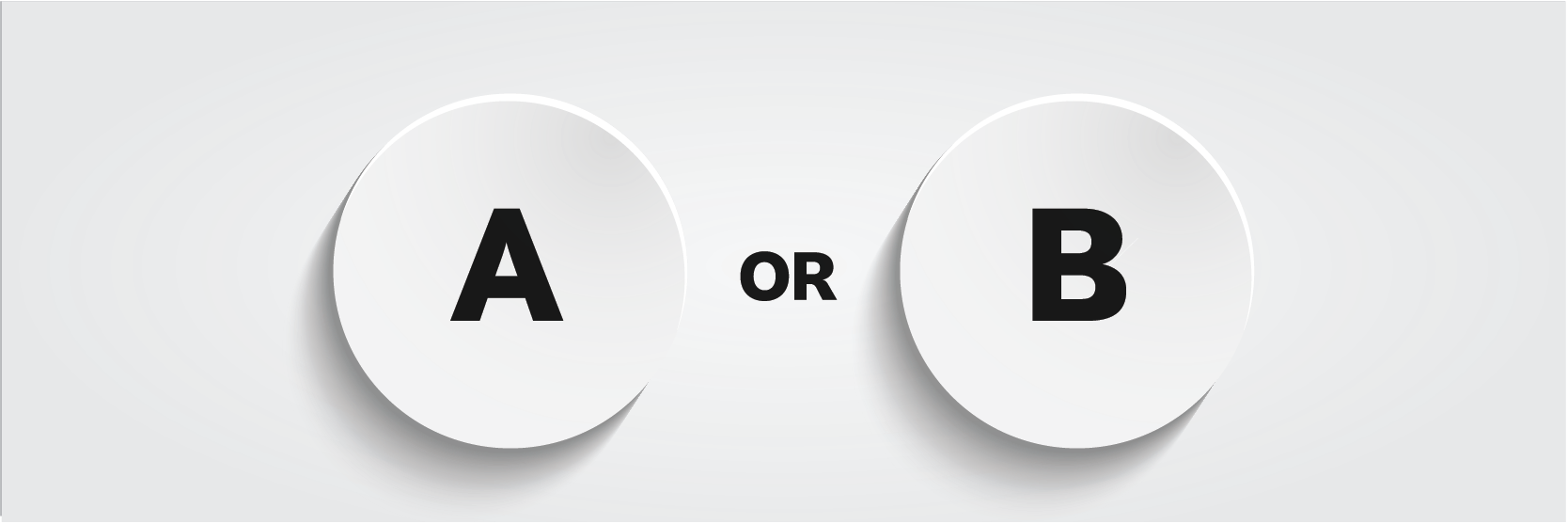Schools ‘forced’ to narrow choices
Schools ‘forced’ to narrow choices
Whenever we look back we realise that some things we did were mistakes. The most important thing, as teachers, we tell our pupils, is to learn from your mistakes. This made me think whether in years to come the government will realise they were wrong to introduce accountability measures which in effect forced schools to narrow their curriculum.
Figures published by Ofqual for entries into this summer’s examsshowed a further fall in the numbers of students sitting modern language A-levels. German tumbled further in popularity, down 16% compared with the previous year’s entries, while French entries were down 8%. There was better news at GCSE level, where the government’s championing of its English baccalaureate suite of subjects, including modern languages, may have led to their revival. GCSE entries in Spanish rose by 8% compared with 2017, while German was up by 3%, although French declined slightly overall.
The effects of the EBacc and the government’s measures of student progress may be responsible for lower entries in creative arts and technology subjects, along with schools’ cost-cutting efforts of more expensive subjects.
Geoff Barton, the general secretary of the Association of School and College Leaders, which represents many secondary school heads, said the government’s decision to decouple AS-levels from A-levels had led to a steep decline in the numbers taking the exams, reducing the choice of subjects available to students.
Ofqual signalled that results could be distorted by the new-style exams, especially at GCSE level, with grades now more dependent on exam marks than coursework.
“When qualifications change, we expect that there might be more variation in school and college results. However, last summer we saw normal levels of variation, including in those subjects that were reformed,” said Ofqual’s chief regulator, Sally Collier.
Geoff Barton went on to say; “We are pleased to see an increase in entries to GCSE German and Spanish this year, but we are concerned that the take-up of modern foreign languages at A-level has declined. It is clear that we need a national strategy to promote modern foreign languages and improve teacher supply in these very important subjects.”
And over two years, entries for A-level English have dropped by 14 per cent – from 78,795 in 2016 to 67,865 this year.Suzanne O’Farrell, an assessment specialist at the Association of School and College Leaders, told The Independent: “English is hugely valuable in all sorts of jobs. The trend is really worrying.”
The government’s focus on improving the take-up of science, technology, engineering and mathematics (Stem) subjects could have played a part as figures show sciences and maths did not suffer the same fate at A-level.
The number of entries in computing – one of the government’s flagship subjects – jumped by 26 per cent from 7,710 in 2017 to 9,685 this year. And uptake of the maths A-level rose by 3 per cent.
Paul Whiteman, general secretary of the school headteachers’ union (NAHT), said: “Students’ experiences of a narrower curriculum at GCSE is now having an impact on their sixth form studies.”
“These reforms put schools in an impossible situation where they must reduce the opportunities they offer to pupils in order to satisfy an arbitrary government target.”
A Department for Education spokesperson said: “The Government has worked with employers to reform GCSEs and make them gold-standard qualifications. They will prepare pupils for future success and help deliver the skills Britain needs to be fit for the future. Entries to the core academic EBacc subjects have increased, with over 4 million of these exams being taken this year, including significant increases to those taking the individual sciences.




